In choosing new windows, the glass is a consideration of many homeowners. Though glazing is by all means significant, the material of the window frame is equally significant in its effectiveness, stability and performance. The correct frame can greatly improve insulation of your home, save on electricity charges, and make it comfortable. We will find out the performance of various materials.
Performance comparison of aluminum, wood, and plastic steel frames
Each frame material offers its own distinct set of properties to the table, which have a direct impact on the functionality and looks of a window.
Aluminum Frames
Aluminum frames are renowned to be strong and have slim profiles, making them very durable and maintaining low maintenance. They do not warp, crack or fade hence a lasting choice. Their main performance problem however is the fact that they are highly conductive. Aluminum is a conduit of heat transfer without a thermal break- a barrier between the interior and exterior components of the frame, thus resulting in poor energy efficiency.
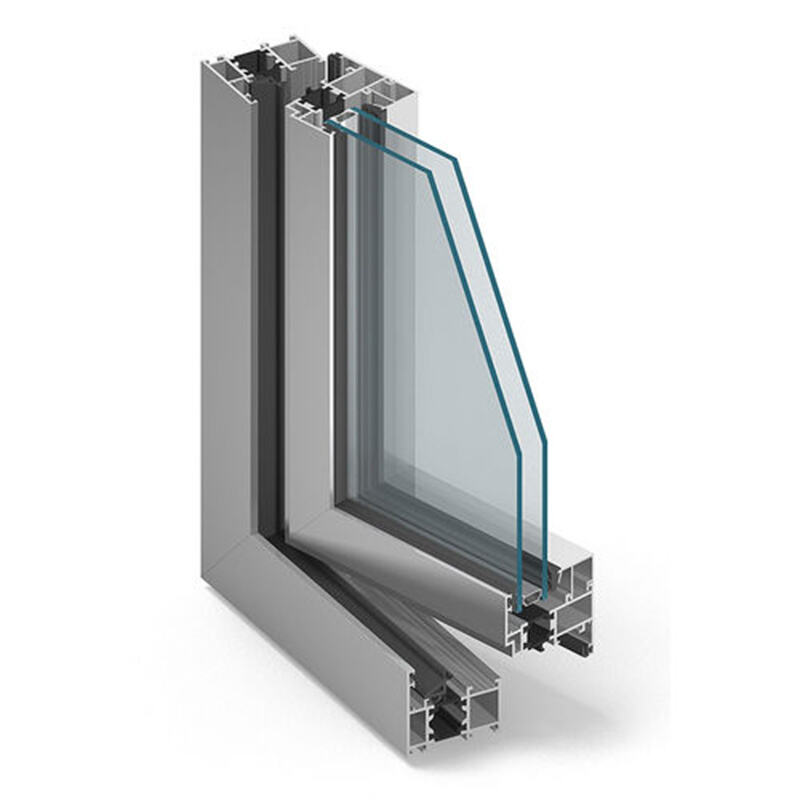
Wood Frames
Wood is an old time favorite that many homeowners love to have since it people have always loved the classic and simple look of wood. The best thing about it is that it has a natural insulating property. Wood is not a good conductor of heat, thus it will aid in retaining warm air in a house during winter and cool air during summer. Nonetheless, to prevent moisture, rot and insects that can destroy the wood, wood has to be maintained regularly through painting or sealing.
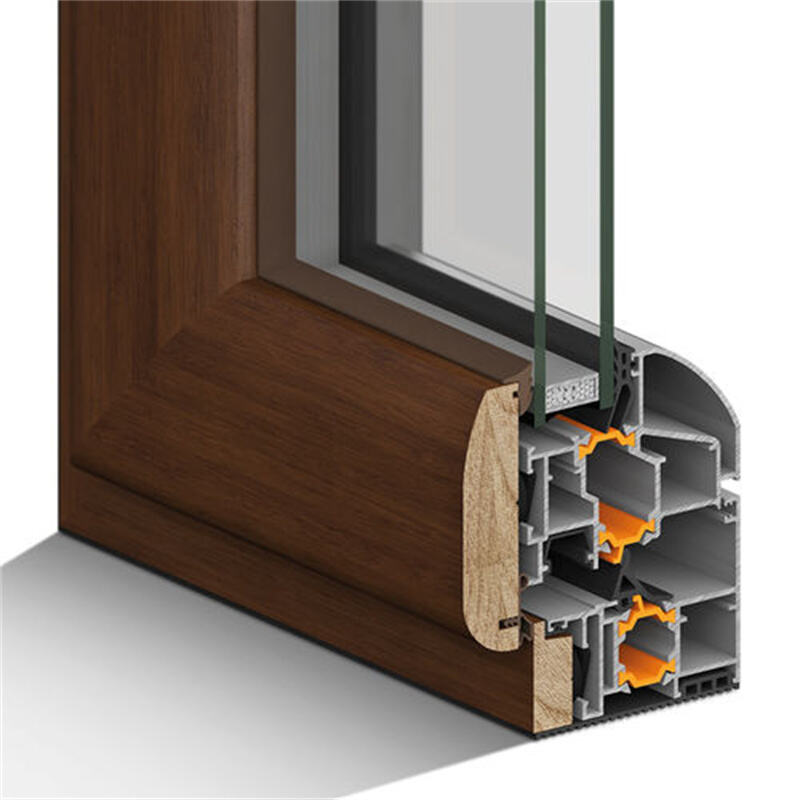
Plastic Steel Frames
Metal-reinforced Sometimes called vinyl frames, plastic steel frames are constructed out of PVC and can be strengthened with metal. They have gained widespread popularity because of their perfect balance of performance and price. These frames incur minimum maintenance, they are not prone to corrosions and water, and offer satisfactory thermal insulations.
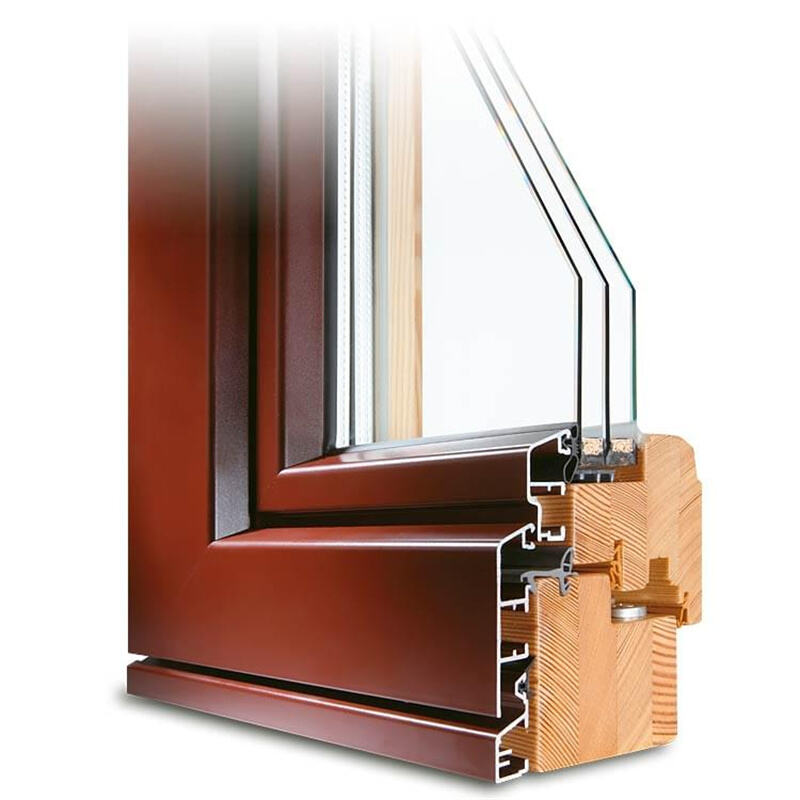
Different thermal conductivity leads to different insulation performance
The efficiency of a window frame is determined by its thermal conductivity- the ease with which heat can be conducted through the frame. This is quantified as a U-factor; the lesser U- factor the better the insulation.
Aluminum is a very high thermal conductor. This implies that during a cold season, indoor heat can easily go away through the frame. On the other hand, during hot weather, it is easy to have the heat penetrate the house. It may also cause an increase in the energy expenses since your heating and air conditioning will have to work harder to keep you at a comfortable temperature. Modern aluminum frames have been increased in efficiency by the introduction of thermal breaks, but they tend to be less efficient than other materials.
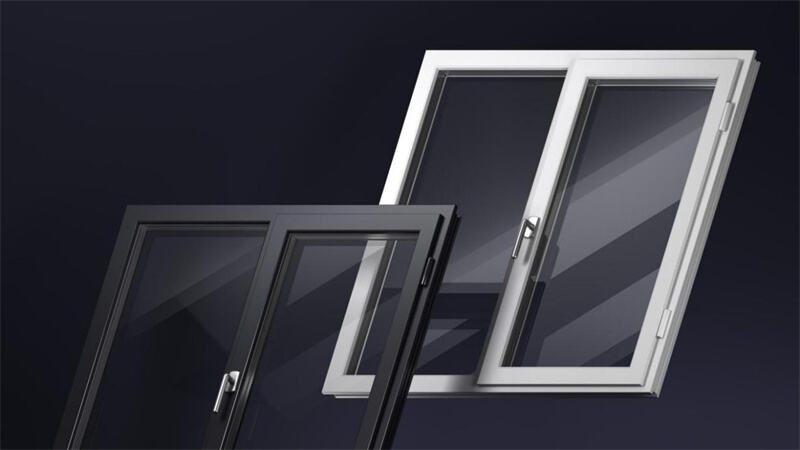
Wood is a low thermal conductor, and it is a wonderful natural insulator. A robust wooden frame has a high resistance to the passage of heat, which will play a role in reducing the total U-factor of the window. It is this characteristic that has made wood frame one of the most energy efficient one available.
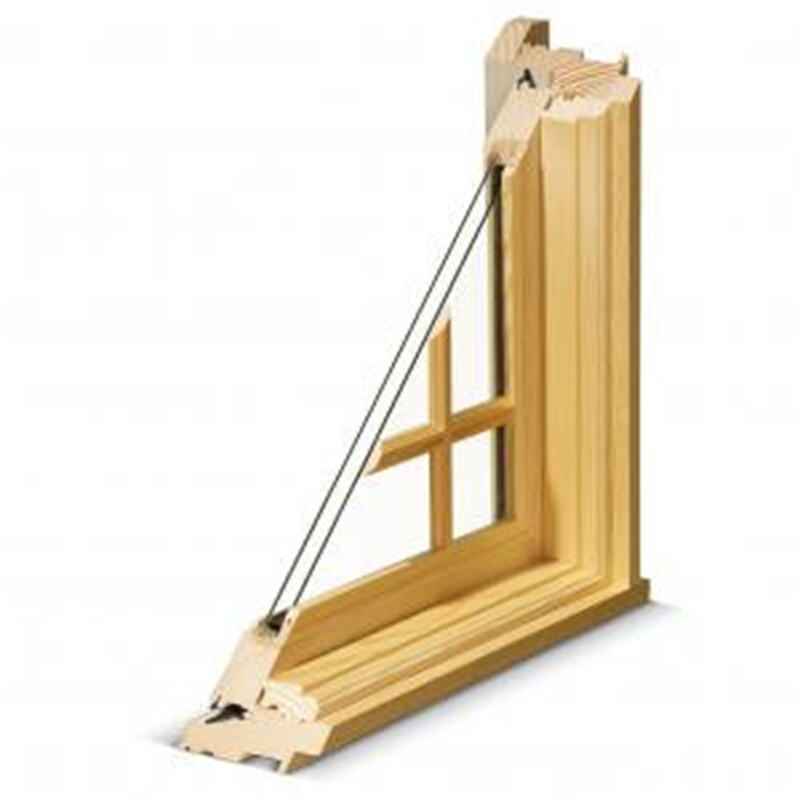
Plastic steel frames have low thermal conductivity as well. PVC is not a good conductor of heat, this aids in reduction of heat transfer. Many plastic steel frames are made in a multi-chambered form and this further improves their insulating capacity by trapping air that forms an extra barrier against the elements.
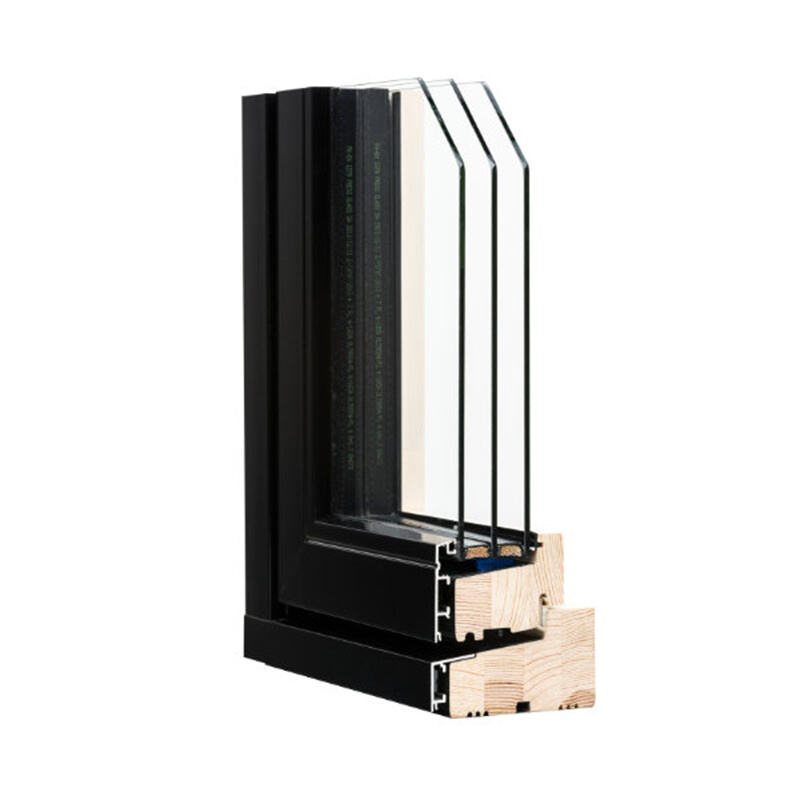
Choose appropriate material based on climate and environment
The last factor of what to have as a window frame material should be to consider your local climate and the exact conditions surrounding your home.
In cold climates, where conserving heat indoors is an issue of concern, the outstanding insulation properties of materials are important. The best type of frame is the wood which has the best natural insulating properties. Plastic steel frames with high quality and having multiple chambers also do not perform poorly in cold weather thus effectively cooling the heat loss.
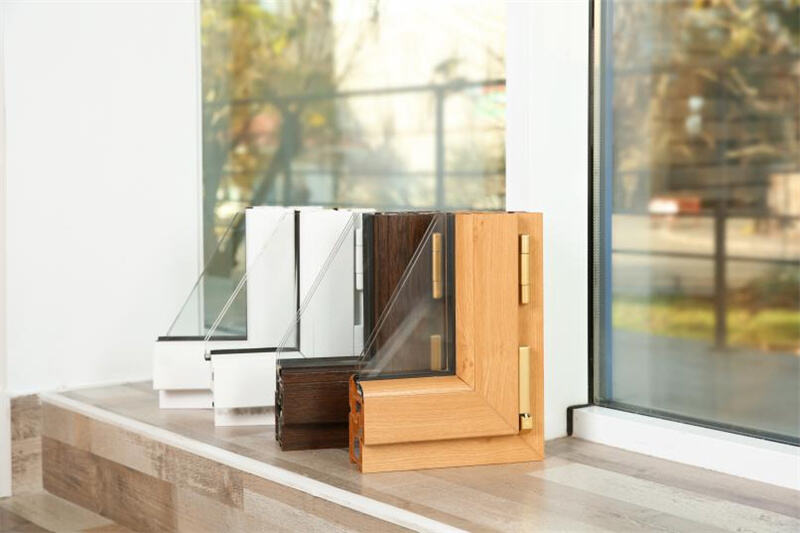
With hot and humid conditions, resistance to heat gain and moisture control become the priority. In this case aluminum frames with thermal break can be considered a suitable solution because they are resistant to adverse moisture environment, which is humid and degrading. Nevertheless, make sure that the finish is of high quality to avoid corrosion. Plastic steel also makes a good selection in humid areas as it has an inherent ability to resist moisture and rot, not to mention that it offers decent insulation against outside warmth.
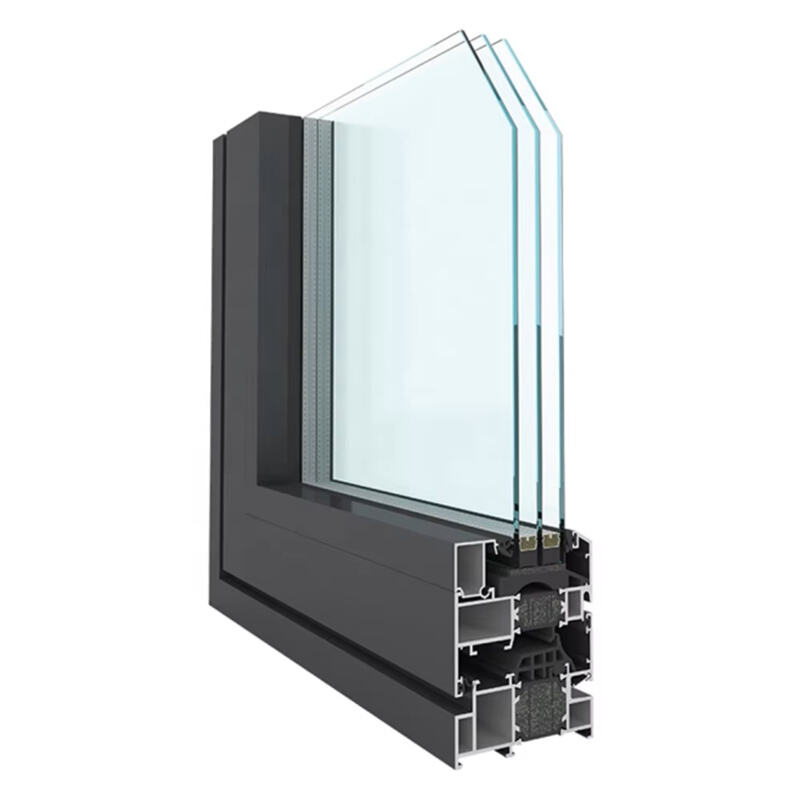
Corrosion resistance is of utmost importance in homes located along coastal regions that have salty air. Frames made of aluminum, especially those that have protective coating are generally the best in performance when it comes to salt spray corrosion. Plastic steel is also a strong and resistance one in such environment.
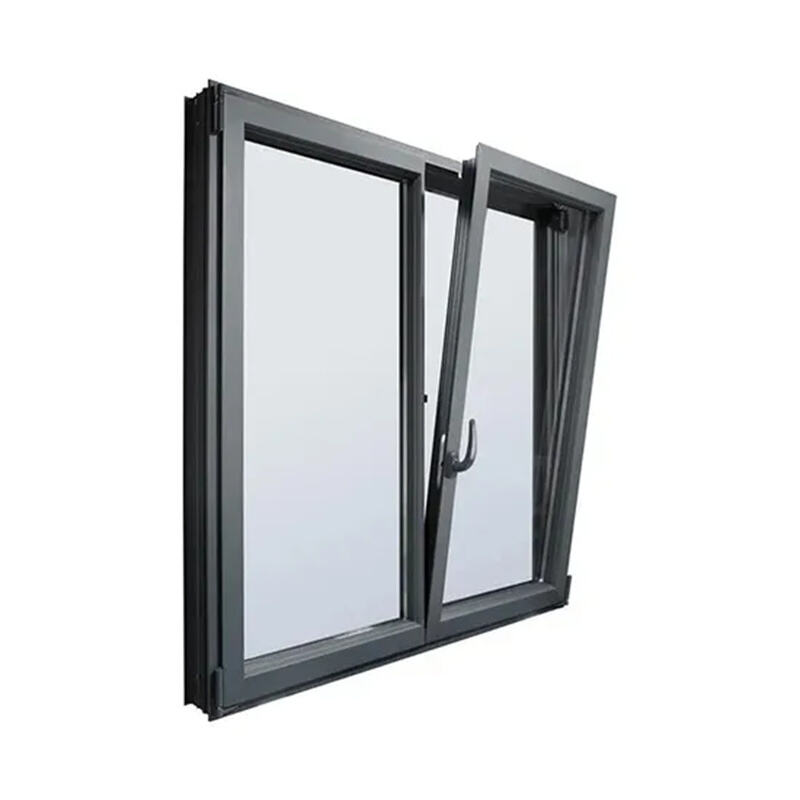
Finally, the most appropriate window frame material should be a material that meets your specification of performance, maintenance interests and the local weather trends. You can make a better choice to improve the comfort and efficiency of the home over years to come by learning about the key features of each material.
 EN
EN
 FR
FR
 DE
DE
